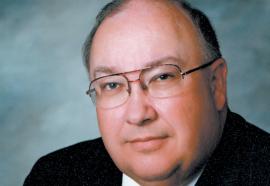Maintaining Control Over Outsourcing
Utilities can transform the business while managing risk.
In a survey of 305 North American utilities, 51 percent of the respondents said they either had outsourced or were planning to outsource a customer-care function in the next two years. But despite its advantages, outsourcing remains fraught with risk—the very reason that traditionally conservative utility companies have in the past shied away from letting third parties take over parts of their business.











